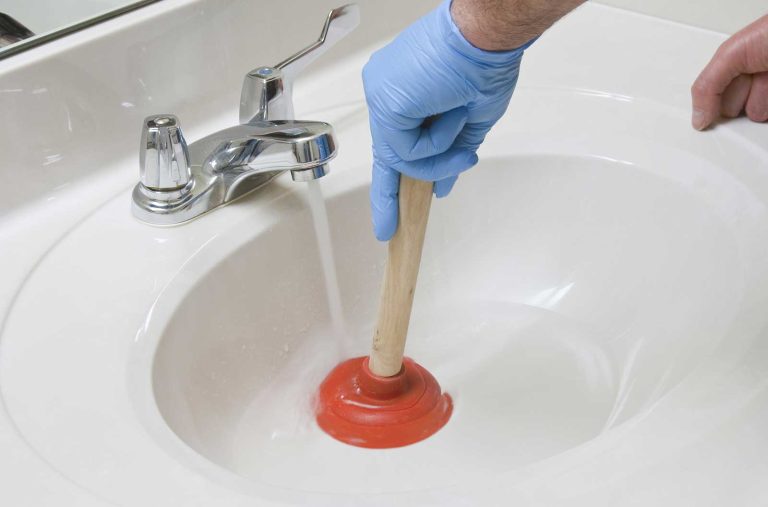ADVERTISEMENT
Dealing with a clogged drain is a common household woe, but it doesn’t have to be an environmental concern. While powerful chemical drain cleaners are readily available, they often come at the cost of harming the environment and potentially risking your family’s health. Fortunately, there are highly effective homemade drain cleaners that can efficiently unclog drains without resorting to harsh chemicals. In this article, we will explore some of the most effective natural methods to restore the flow in your drains.
1. Baking Soda and Vinegar
One of the most popular and budget-friendly methods for unclogging drains naturally involves the dynamic duo of baking soda and vinegar. This method is versatile and effective against various types of clogs, including those in kitchen and bathroom sinks.
How it works: Baking soda is a base, and vinegar is an acid. When combined, they create a chemical reaction that generates carbon dioxide. This reaction helps break down the clog into smaller pieces, making it easier to remove.
What you’ll need:
1 cup of baking soda
2 cups of vinegar
A kettle of hot water
Instructions:
Start by pouring a kettle of hot water down the drain to melt any greasy substances, enhancing the cleaning process.
Pour 1 cup of baking soda into the clogged drain.
Follow it with 2 cups of vinegar and quickly cover the drain to trap the reaction’s pressure within the pipe.
Allow the mixture to sit for 10 to 15 minutes.
Finish by flushing the drain with hot water.
Pro tip: If you suspect the clog is deeper within the pipe, add 2 cups of hot water to the vinegar before pouring it down the drain.
2. Dishwashing Detergent and Hot Water
This natural homemade cleaner is particularly effective against clogs caused by grease or oily substances, making it an ideal choice for kitchen sinks.
How it works: Hot water melts the grease in the pipe, while dishwashing detergent helps dissolve the grease molecules, facilitating their removal.
What you’ll need:
3 tablespoons of liquid dishwashing detergent (preferably natural)
A pot of hot, nearly boiling water
Instructions:
ADVERTISEMENT
